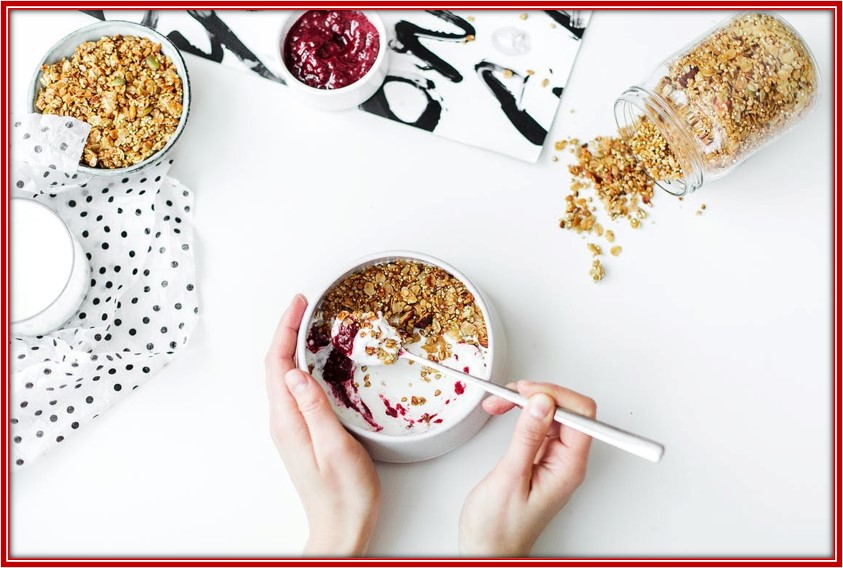YOU ARE WHAT YOU EAT…AND SO IS YOUR SKIN – This ARTICLE is originally posted on PROVEN SKINCARE
THE GOOD
It probably won’t surprise you that foods considered healthy for your body are also beneficial for your skin. Fresh fruits and vegetables, and certain fats in fish, nuts, and seeds will go a long way towards a glowing complexion. Here’s the lowdown on the must-eat nutrients & foods to eat for healthy skin:










